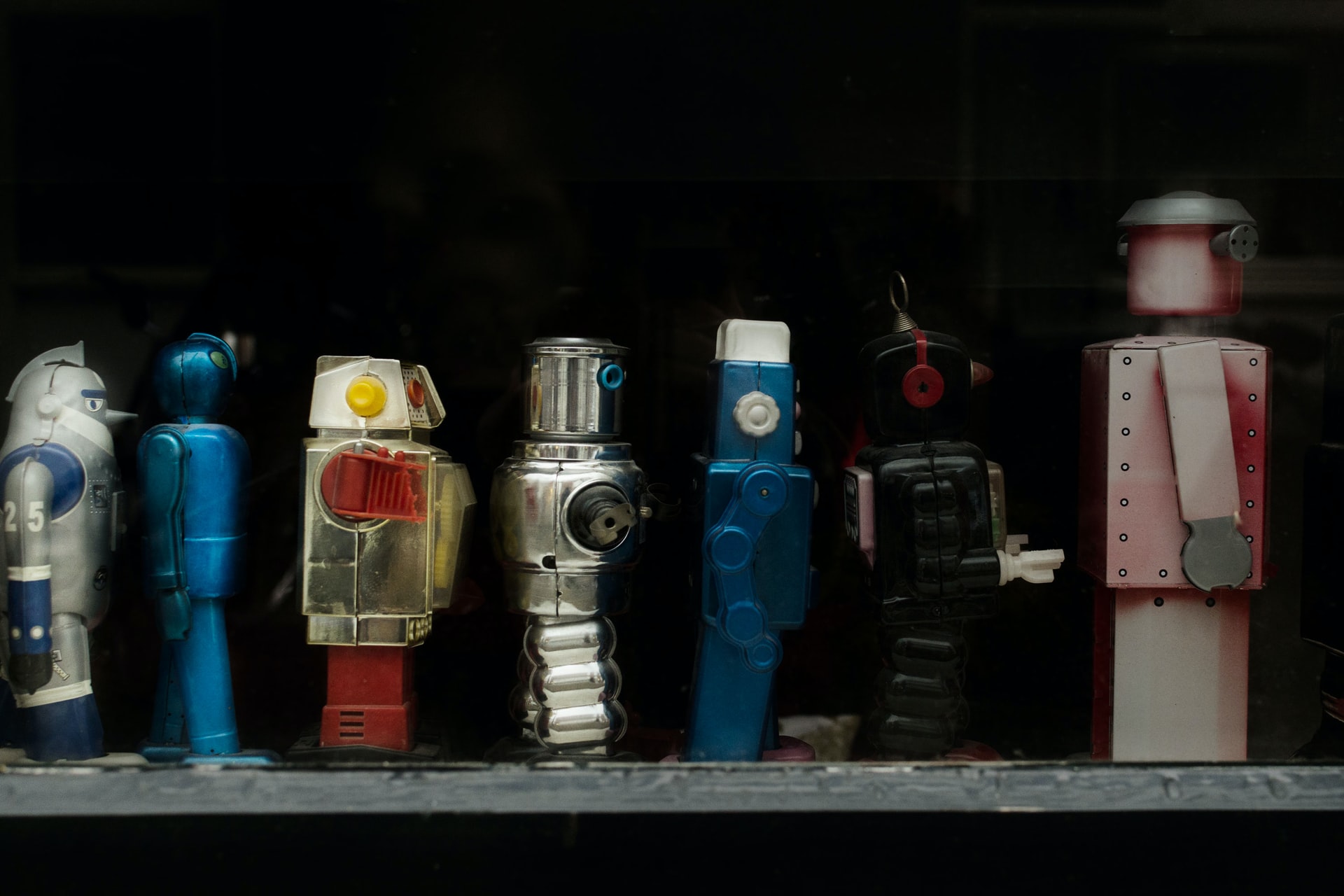
Watching Nicole He’s robot interview Billie Eilish might convince you that artificial intelligence could never replace human journalists. Yet the robot’s nonsensical questions (such as “Have you ever seen the ending?”) evoked thoughtful and amusing responses from Eilish — a feat that journalists often struggle to accomplish.
After the interview, Eilish described the monotony of questions she’s usually asked. It seems that human qualities like logic and reason may act as barriers to creativity and insightful questions. If robots can do a better job, then are journalists safe? Probably. After all, this specific AI experiment did involve extensive human effort in both training the program and selecting questions from a generated list.
But what about other jobs, like copy editing? Will automated technology completely replace it? According to the U.S. Bureau of Labor Statistics, there were about 127,000 editor jobs in 2012. In 2018, this number dropped to about 118,000, and it’s expected to decline further. I believe that we’ll see a significant increase in AI editors over the next five years. Marketing and ad agencies are producing content faster than ever before, and AI is the answer that media companies are looking for. It can instantly catch spelling and grammar errors.
The copydesk has mostly disappeared from the media companies that created the term, and it’s being reborn in browsers. Large publications like Forbes now have internal technical teams that can build unique content marketing systems from the ground up. When The New York Times cut freestanding copydesks in 2017, the company’s management felt like it was lagging behind, despite using a system once praised for its efficiency.
After the cut, Times employees quickly raised concerns about quality, the driving force behind the company’s success. Cutting copydesks meant that fewer eyes would review each article before publication. However, the news outlet consistently turned a profit in following years; in 2018, it reported $709 million in digital revenue and an 18% increase in digital subscriptions.
AI is the future of the marketing and advertising industries. With it, writers can write better, editors can edit faster, and companies can meet their goals without sacrificing the quality or precision of their messaging.
The future of editors
According to a 2013 University of Oxford study, proofreading had an 84% likelihood of being replaced by AI. Seven years later, we see that grammar and style guide software has improved exponentially. But has proofreading and editing been replaced? No.
No company will ask, “What’s the use of a human editor if there’s a tool that does the same job?” What was the use of typewriters when we already had pens and paper? That’s the whole point: advancements improve processes.
Typewriters and keyboards sped up writing but didn’t affect creativity. In the same way, AI speeds up the editing process, but editors are still essential to content creation. AI doesn’t replace editors — it supplements them.
People don’t have to dedicate their lives to chasing down wayward hyphens and language redundancies. Humans are slower and more inconsistent anyway. Rather, editors should focus on creative work. Storytelling, researching, and strategising are unique tasks that only humans can do to make content worth reading.
I’m not saying that editors need to transform into writers or content creators; each role serves a purpose. Instead, editors should evaluate pieces of content in ways that AI can’t. A computer can tell you where to put a comma, but only a human can logically and beautifully organise thoughts. Writers spill words onto a page, and it’s an editor’s job to make sure those words follow a cohesive structure. A second set of eyes is essential.
The robot that interviewed Eilish strung together interesting questions, but it failed to produce a coherent song that imitated her work. Even if computers could create and organise content, people are hesitant to trust it (especially with the surge of bots and fake news). So let AI work in the margins. Technology can handle the micro-edits and monotonous jobs while humans capitalise on creativity. Maybe we can occasionally bring out robots to interview celebrities like Billie Eilish, but humans will always be the ones pulling the strings.

Interested in hearing leading global brands discuss subjects like this in person?
Find out more about Digital Marketing World Forum (#DMWF) Europe, London, North America, and Singapore.







Thank you for this amazing article